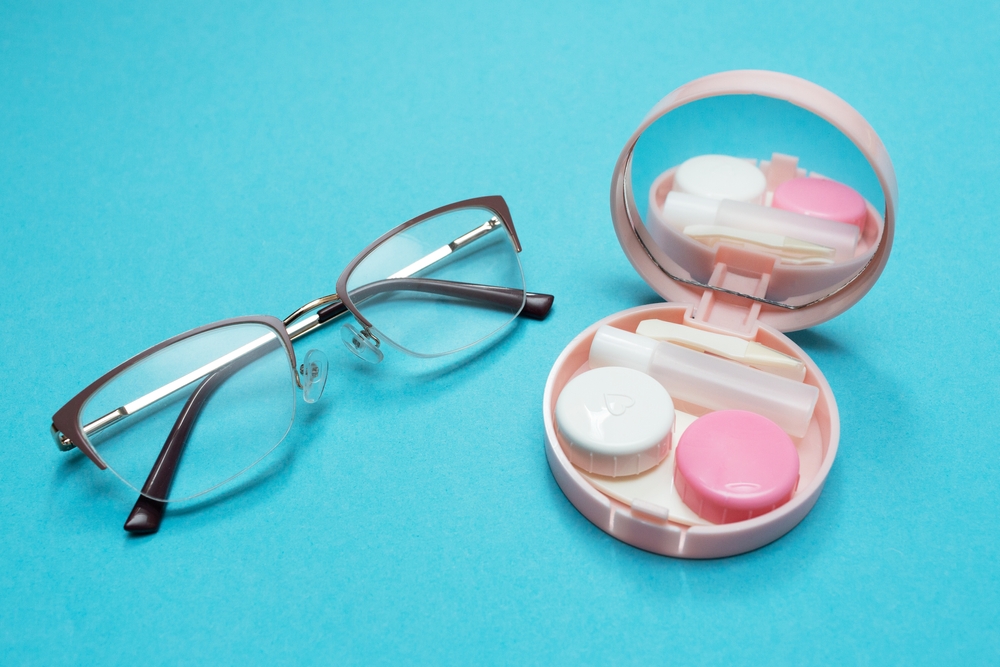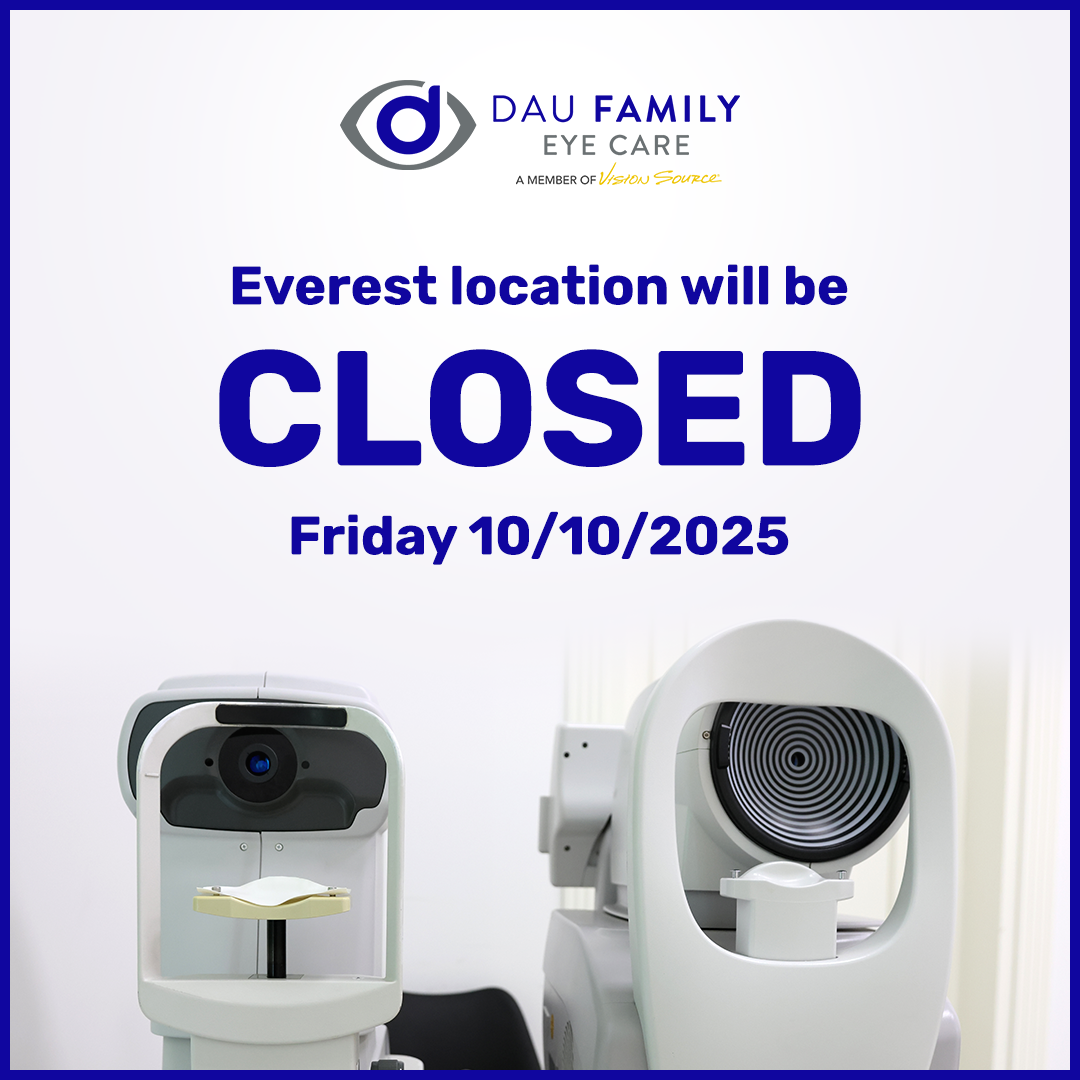
Contact lenses differ in various ways. There is no standard pair suitable for everyone’s use. Fortunately, everyone can get the ideal ones to correct their vision needs. There are regular and specialty contact lenses. Each has its uniqueness. Read on to learn their differences.
What Are Regular Contact Lenses?
Regular or conventional contact lenses are glass or plastic discs you place on your eye surface for vision correction. They are often a suitable alternative for people who prefer not to wear prescription eyeglasses. They come in different options, with some having different colors. They also come in a variety, with some disposable where you toss them at night after having them on throughout the day.
Individuals with vision problems find contacts an effective vision correction tool. They are invisible and not as apparent as eyeglasses. The discs sit directly on the cornea to correct astigmatism, farsightedness, and nearsightedness.
What Are Specialty Contact Lenses?
Specialty contacts are for corneal conditions or eye issues that make regular contact lenses unsuitable. Contacts must fit comfortably and correctly as they sit directly on the eye surface. Unfortunately, not everybody has a perfectly shaped cornea for traditional contact lenses. Eye conditions, such as dry eye, make wearing regular contacts difficult.
What Are the Types of Specialty Contact Lenses?
Below are the different types of specialty contact lenses:
Rigid Gas Permeable Lenses (RGP) – These contact lenses are often for dry eye patients. Its material allows oxygen to pass through it to your cornea. As a result, the eyes remain comfortable and do not dry out quickly. The rigidity of these lenses helps your cornea maintain its shape to help with corneal abnormalities.
Scleral Lenses – Scleral contact lenses vault over the cornea and leave a space between your eye lens and cornea. They address corneal shapes and sizes that make wearing traditional lenses impossible or impractical. The gap also acts as a tear film reservoir to keep the eye surface moisturized and lubricated. As a result, it relieves dry eye symptoms.
Orthokeratology Lenses (Ortho-k) – Myopia progression gets countered by this innovative technology. These lenses are unique for every patient and have a comfortable material for patients to wear overnight. As you sleep, ortho-k lenses reshape your cornea through their shape and your natural tear film. When you remove them in the morning, you see clearly without prescription glasses or daytime contacts. These lenses slow down myopia progression, especially in children. They prevent complications, such as retinal detachment and glaucoma.
Hybrid Lenses – These contacts are soft at their edge and hard at the center. As a result, they combine the comfort of soft contact lenses with the crisp vision that hard lenses give.
Differences Between Regular Contact Lenses
Traditional contact lenses are not suitable for everyone. They work for people who do not have corneal abnormalities or conditions such as dry eye that make it uncomfortable or impractical to wear them. Specialty contacts are ideal for people who do not have the standard corneal shape or have corneal abnormalities.
Scleral contact lenses have a larger diameter compared to regular contact lenses. Ortho-k lenses are for overnight use, while traditional contacts are for daytime use. Specialty lenses can reshape the cornea, while traditional ones do not alter the cornea shape.
Finding the Best Contact Lenses
Ideally, visit your eye doctor for a comprehensive examination to determine the suitable contact lenses for you. They will test to see if your tear duct produces tears, your pupil size, and your prescription. As a result, they will help you get the ideal lenses for your condition.
For more about regular and specialty contact lenses, visit Dau Family Eye Care at our office in St. John’s, Florida. Call (904) 713-2020 to book an appointment today.





